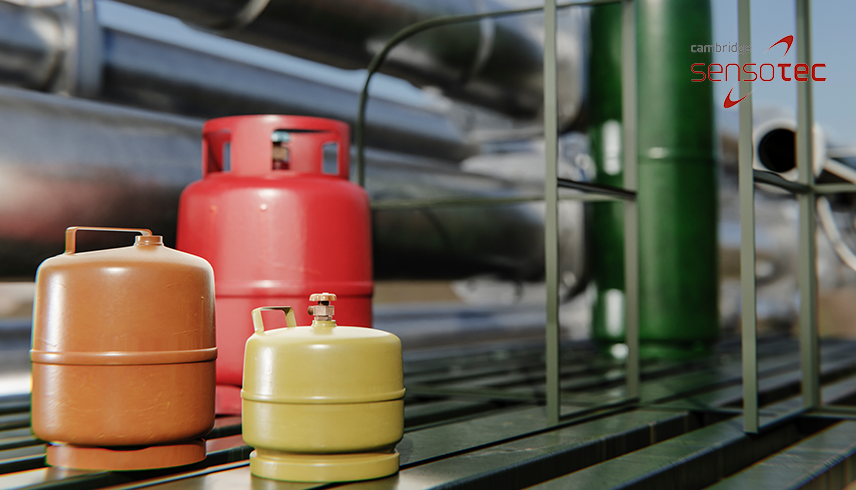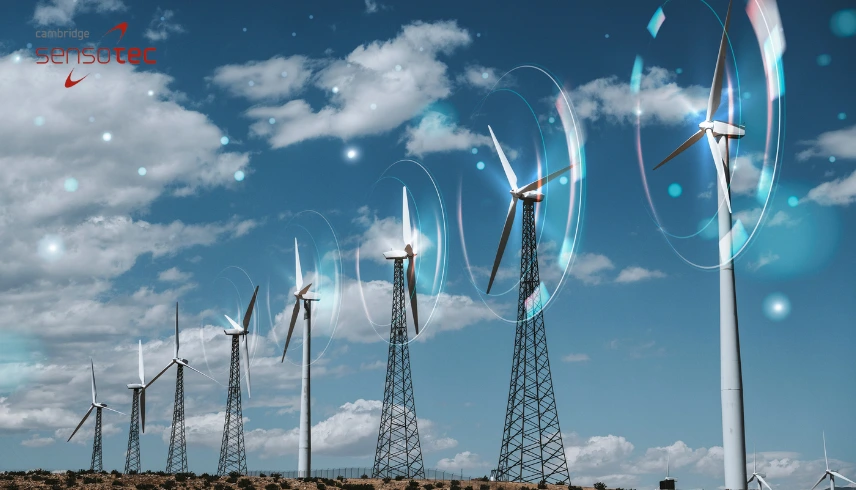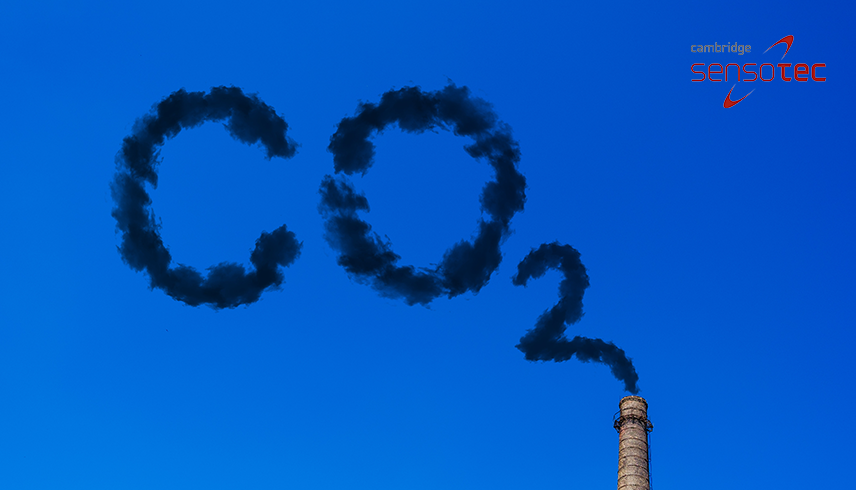

Maximising Efficiency in Gas Analysis for the Energy Sector
Introduction
Gas analysis for the energy sector is essential in today’s rapidly evolving global energy landscape, where efficiency, safety, and regulatory compliance are non-negotiable. From conventional power plants to renewable energy systems and hydrogen production facilities, precise gas monitoring supports system integrity and performance optimisation. Effective gas analysis ensures that energy processes run at peak efficiency, minimise waste, and meet environmental standards.
Cambridge Sensotec’s range of Rapidox analysers offers tailored solutions for these demanding environments. Facilities looking for long-term performance improvements can rely on these tools to support operational efficiency and sustainability goals. In this blog, we explore how gas analysis for the energy sector enhances operational efficiency, backed by case studies from the United States, Europe, and India.
Why Gas Analysis Matters in the Energy Sector
Energy production processes often involve the combustion or processing of gases such as methane, hydrogen, oxygen, and carbon dioxide. Monitoring these gases is essential for:
- Maintaining combustion efficiency
- Preventing emissions violations
- Protecting system components from corrosion or fouling
- Supporting safety protocols and environmental targets
Accurate gas analysis enables engineers to optimise fuel-to-air ratios, control emissions, and detect inefficiencies before they escalate. Whether in fossil fuel plants, hydrogen electrolyser stations, or biomass facilities, real-time data from reliable analysers is essential. In addition, precise gas monitoring helps facilities meet ISO, EPA, and local environmental targets, making it an essential part of any energy compliance strategy.
The R5100: Portable Gas Analysis for the Energy Sector
The Rapidox R5100 is a portable, configurable multi-gas analyser ideal for field use in the energy sector. Capable of measuring up to six gases simultaneously, it provides accurate readings in dynamic and demanding environments.
Key features include:
- Real-time multi-gas monitoring (including O₂, CO, CO₂, CH₄, H₂, He)
- Modbus, RS232, and analogue output compatibility
- Data logging and trend analysis
- Rugged casing and touchscreen display
In the US, a hydrogen production facility deployed the R5100 to monitor purity levels in real time. The analyser’s portability allowed engineers to troubleshoot system issues quickly and improve gas flow calibration procedures. As a result, the plant increased hydrogen output efficiency by 12% while maintaining consistent quality.
The R3100: Fixed Gas Analysis for the Energy Sector
For fixed installations, the Rapidox R3100 provides continuous multi-gas monitoring for high-precision process control. Designed to integrate with SCADA and other control systems, it supports:
- Continuous emission monitoring
- Pre- and post-combustion analysis
- Flue gas optimisation
In Germany, a biomass energy company installed the R3100 to monitor CO and O₂ levels across multiple combustion lines. This setup helped them reduce NOx emissions and increase thermal conversion efficiency, ultimately lowering operating costs and environmental impact.
Regional Case Study: Energy Research in India
At an Indian Institute of Technology (IIT) research facility, the R5100 was used to analyse gas flow during experiments on renewable gasification. The ability to collect and review real-time data helped researchers validate combustion models and fine-tune system parameters, resulting in more efficient prototype development.
This highlights the R5100’s role in advancing R&D within the energy sector, particularly in emerging markets with evolving energy infrastructure needs. You can learn more about its R&D applications in our blog on gas analysers for R&D laboratories.
Meeting Global Energy Standards
Governments and regulatory bodies worldwide are increasing their focus on emissions and energy efficiency. Cambridge Sensotec analysers support compliance with:
- US EPA standards for combustion and emissions control
- EU Industrial Emissions Directive (IED)
- India’s National Green Tribunal (NGT) mandates
Each analyser comes with full documentation support, including calibration certificates, IQ/OQ templates, and guidance for integration into quality management systems.
Facilities operating across borders particularly benefit from Cambridge Sensotec’s globally recognised standards compliance. This makes scaling energy operations more straightforward and supports consistent environmental reporting.
Digital Integration and Control in Gas Analysis for the Energy Sector
Cambridge Sensotec analysers are built for seamless integration into modern energy systems. With remote diagnostics, digital interfaces, and data export capabilities, engineers can incorporate gas analysis into broader predictive maintenance and control platforms.
Using the R5100, for example, teams can benchmark performance across multiple sites, while the R3100 supports data-driven emission control strategies. These tools don’t just monitor—they help optimise. Energy companies focused on continuous improvement can rely on these tools to reduce manual reporting and automate compliance tracking.
Supporting Sustainability Goals Through Gas Analysis
Accurate gas analysis also contributes to carbon reduction and sustainability goals. By improving combustion efficiency and reducing emissions, facilities can:
- Reduce CO₂ output per kilowatt
- Identify energy losses due to inefficient gas flow
- Document environmental performance for stakeholders
Cambridge Sensotec analysers enable this accountability through reliable, traceable data collection and cloud-compatible storage options. Additionally, these analysers support reporting requirements for ESG initiatives and environmental certifications. Facilities looking to document energy savings or carbon offsets will find the R5100 and R3100 to be valuable monitoring tools. They are vital instruments in a world striving for low-emission and carbon-neutral energy production, where data-led decisions drive innovation and compliance.
Conclusion
Gas analysis for the energy sector is more than just measurement—it’s about enhancing productivity, supporting safety, and enabling smarter environmental strategies. With emissions targets tightening globally and energy efficiency under constant review, the demand for reliable, high-performance analysers continues to grow.
The R5100 and R3100 from Cambridge Sensotec are designed to meet these challenges. They offer energy professionals the data they need to optimise systems, reduce waste, and ensure safe, clean operation. From on-site diagnostics to integrated quality control, these tools help align day-to-day operations with long-term performance goals.
Whether you’re optimising a hydrogen production line, monitoring biomass combustion, or supporting sustainable innovation, Cambridge Sensotec provides the tools to help you lead the energy transition.
To explore additional applications, see how the R5100 supports heat treatment safety compliance and gas analysis for R&D on our blog.


